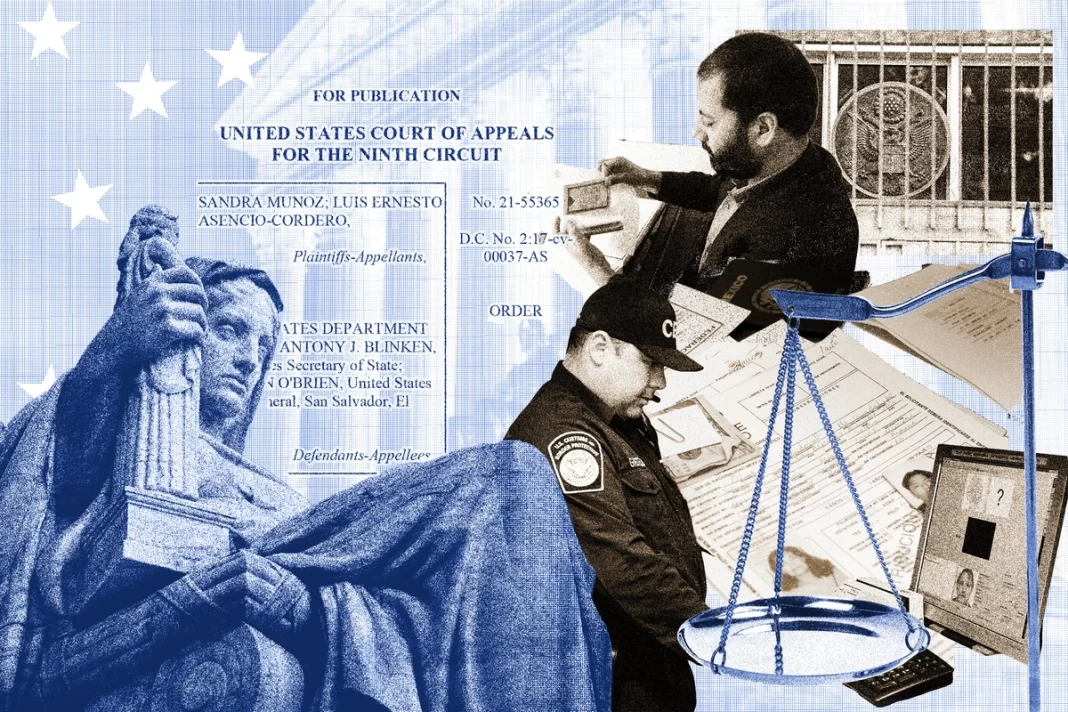From investigating vaccine injuries to bureaucratic coverups, the Wisconsin lawmaker has become one of the Senate’s most prolific investigators.
America’s most serious problem in 2024 is too many officials in the nation’s capital covering up deeply entrenched corruption in many corners of the government.
That’s according to Sen. Ron Johnson, the Wisconsin lawmaker who had planned on leaving Congress in 2022 after his second term, but changed his mind because “our country is in peril.”
“I couldn’t turn my back on it. But in particular, nobody else was advocating for the vaccine injured,” he told The Epoch Times.
He is referring to the individuals who suffered serious maladies after being vaccinated against COVID-19, including myocarditis and blood clotting.
Mr. Johnson pointed to “the sabotage of early treatments” for COVID-19 and “the vilification of doctors who had the courage and compassion to treat COVID-19 patients.”
He spoke of the “cover-up of vaccine injuries” and the harm to the reputations of credible doctors who dissented from the government’s official narrative about the virus that originated in China.
He lays a lot of blame on federal agencies.
“We have a Food and Drug Administration (FDA) that is thoroughly captured by Big Pharma, by Big Agriculture,” Mr. Johnson said.
“And we have the CDC [Centers for Disease Control and Prevention] that is also captured by them and … It’s just astounding how much they’re covering up.”
The Wisconsin lawmaker believes “we actually need federal health agencies to guarantee food and drug safety.”
“We need a CDC that gathers data on health and then transparently provides that information,” he said.
“We don’t have that right now.”
In a measure of how American politics is in a transitional period, Mr. Johnson’s comments about federal agencies being captured by special interests sound very much like those of Robert F. Kennedy Jr., the independent presidential candidate and nephew of the 35th president.
Asked about this, Mr. Johnson said he “completely agrees with RFK Jr’s assessment of regulatory capture.”






